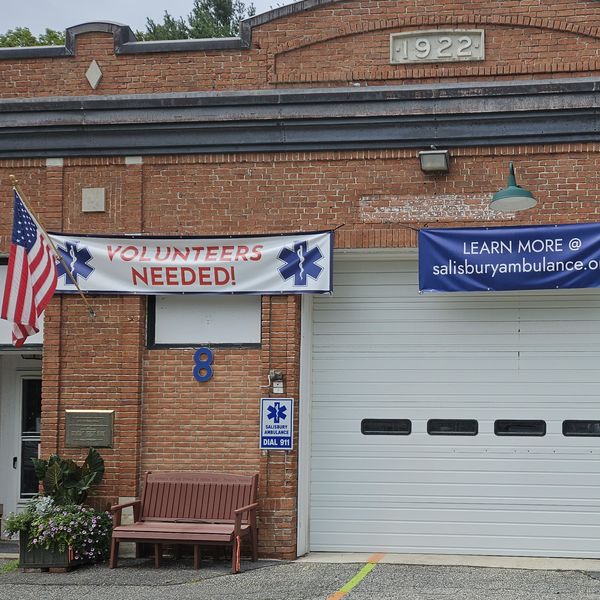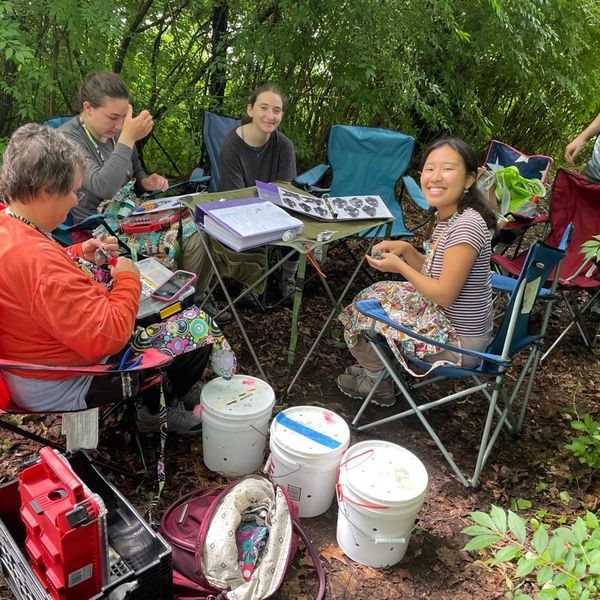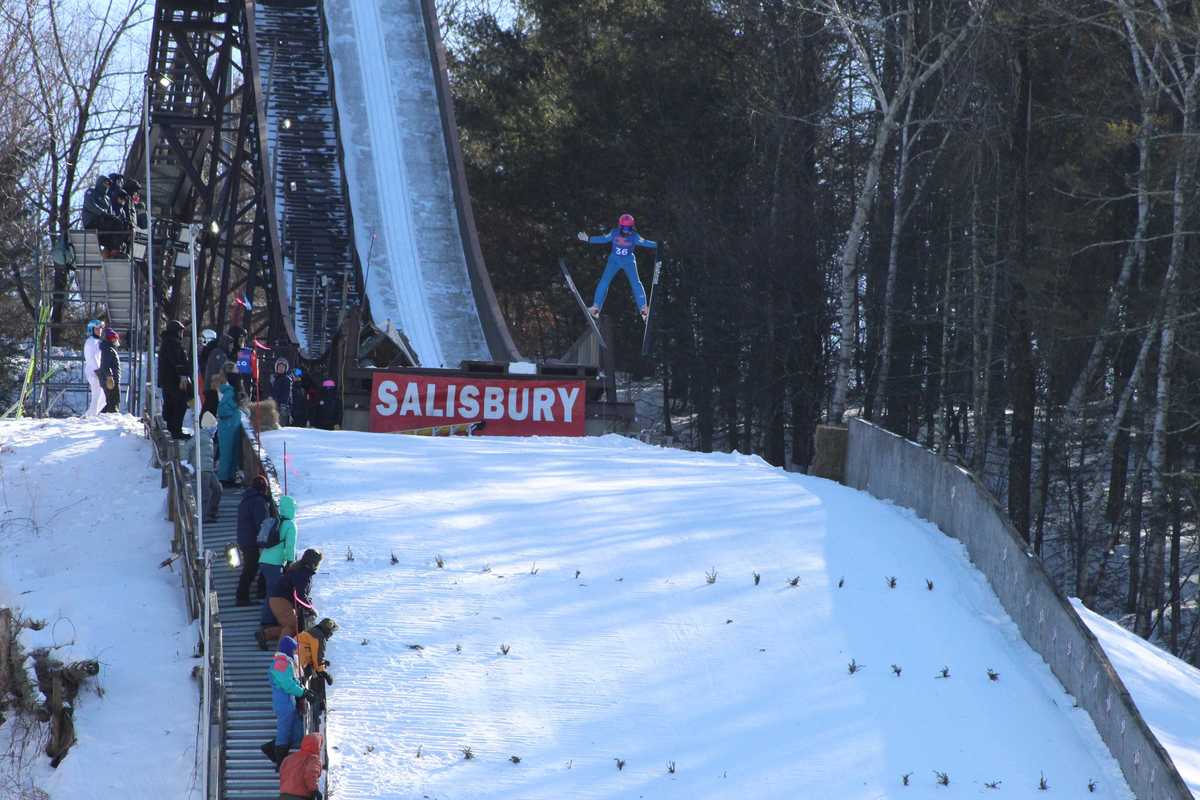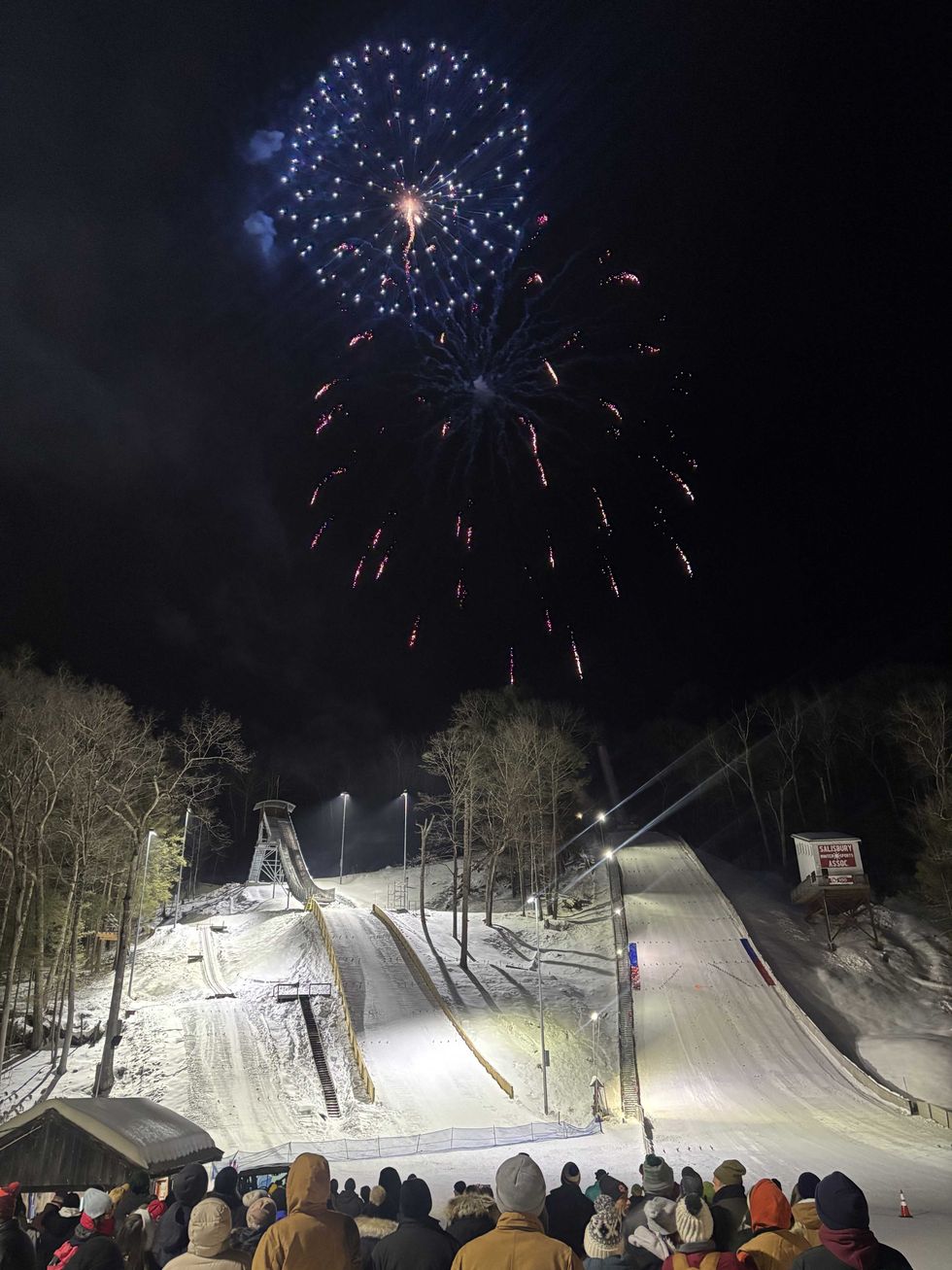Text: Luke 4:14-22
One month ago at the Inaugural Prayer Service, Bishop Mariann Edgar Budde preached a call for “unity that incorporates diversity and transcends disagreement — and the solid foundations of dignity, honesty, and humility that such unity requires.”
Initially, her sermon elicited nods of approval: who could object, to a goal so noble? She concluded with a plea for mercy, delivered directly to the president: mercy for those who are LGBT+; mercy for those who are not citizens or lack documentation, mercy for those fleeing war and persecution, mercy for any who might be seen as a “stranger.” All of whom, in today’s United States of America, live in fear.
Some responses levied blistering criticism against Bishop Budde. Accusations of politicizing an event that ought to have been above politics. Calls for her to be deported.Denunciation of her status as bishop because she is a woman. Disparagement of her tone.
She preached the Gospel, with a gentle voice and with strength. She relayed Jesus’ teachings, and their implications today. In that setting, the Gospel stung.
The Bible’s uncomfortable teaching says that we who believe in God may not be first in line to receive mercy. But if we are to follow Jesus, we had better be the first in line to act mercifully — regardless of whether we think the recipient is deserving, because in God’s sight mercy is a measure of the giver, not the receiver. God is no tribal deity, belonging to one people only, and God will pour out saving help on any person in need, including unbelievers and those whom our society decides to expel.
The Bible is full of references to land and borders, and wars fought over the same, but Jesus flagrantly ignored borders, crossing them at will.
There are thoughtful arguments, both secular and religious, in favor of protecting borders. Yet Jesus did not make them, and they contradict a core Gospel teaching: those who would follow Jesus’ Way are to consider every person on this planet as a family member, whose well-being is as important as our own.
To the argument that talk of immigrants or LGBT+ neighbors or economy is political talk, inappropriate in a religious setting: read the prophets and the Gospels. The Bible’s religious topics — by definition, religious topics — are resolutely focused on the wellness of all living beings, and how we treat one another, and how we organize our common life. When a policy or an administration has created hardship, especially for those who are vulnerable in our society, it is not the church or synagogue or mosque or meeting or gurdwara wading inappropriately into political territory, it is the politicians flouting the core message of God’s Living Word.
In the Gospel, might does not make right — vulnerability makes right. In the Gospel, there is no justification for harsh treatment or expulsion of persons who are here illegally — because every person is our neighbor, and such laws fail God’s requirements of morality and mercy. In the Gospel, the accumulation of wealth is a grotesque abomination — an act of blatant infidelity which deserves no reward, and certainly no position of influence. In the Gospel, there is no outsider in God’s eyes, only in human eyes, and God often will give first attention to someone we think of as unfit or undeserving or unwelcome as if to deliver a message laser focused on each believer: “Your way to me, beloved, is through a loving relationship with them. Your way to me is by all of ‘them’ becoming ‘us.’”
In times and circumstances that are hostile to Gospel values, preaching the Gospel will sting. God knows, all that I am saying may be dismissed as political. Call it what you will. I take my stand on the Gospel, and I pray to be accountable to the Gospel alone.
From Sermon preached at the Congregational Church of Salisbury, UCC, Salisbury,on the Third Sunday after Epiphany,Jan. 26, 2025.




 Fireworks over Satre Hill Friday, Feb. 6.Alec Linden
Fireworks over Satre Hill Friday, Feb. 6.Alec Linden
 Salisbury Central School with SWSA jumpers.Dan Hubbard
Salisbury Central School with SWSA jumpers.Dan Hubbard  Willie Halloran of SWSA, Coach Seth Gardner, and ski jumpers Oona Mascavage and Camden Hubbard giving a history of Salisbury ski jumping and equipment demonstration.C Tripler
Willie Halloran of SWSA, Coach Seth Gardner, and ski jumpers Oona Mascavage and Camden Hubbard giving a history of Salisbury ski jumping and equipment demonstration.C Tripler The jumps at Satre Hill are groomed and ready for launch of the 100th annual Jumpfest Feb. 6 to 8.Photo by Lans Christensen
The jumps at Satre Hill are groomed and ready for launch of the 100th annual Jumpfest Feb. 6 to 8.Photo by Lans Christensen









Inaugural ‘Gospel Preaching’ with gentle voice and strength